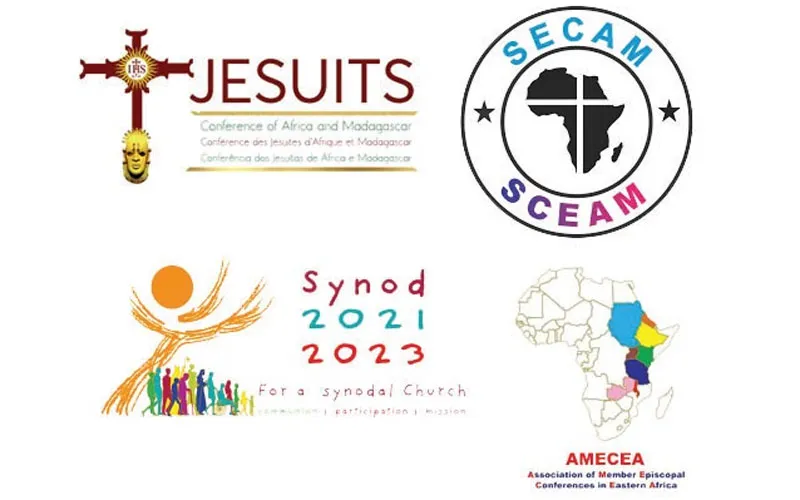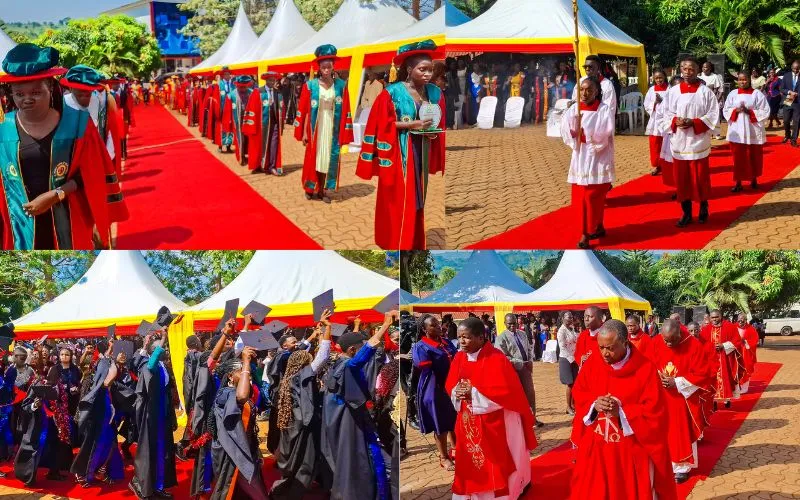It is from these interactions that various challenges had emerged, including the unwillingness of members of the Clergy to embrace change and the Laity’s fear of not being heard in the existing “rigid” Church structures, ASI representatives said.
“In listening, we have come to recognize some challenges. Some, including clergy, hesitate to embrace change for fear of the unknown and how that will affect the position of the Church and its leaders,” the professionals said in the statement signed by their representatives, including JCAM President, Fr. Agbonkhianmeghe Orobator.
In the statement signed by 17 other Theologians and professionals from around Africa, including Sr. Wilhelmina Uhai Tunu, a member of the Catholic Theological Ethics in the World Church Organization, Sr. Dr. Josée Ngalula, a member of the International Theological Commission, Sr. Leonida Katunge, an Advocate of the High Court of Kenya, and Fr. Anthony Makunde, the Secretary General of AMECEA, ASI representatives highlighted the “fear and reluctance” on the part of the Laity.
“Some Laity have expressed fear and reluctance questioning whether their opinions will be taken seriously. In some places, the insufficient creation of awareness of Synodality and what it stands for affects participation as does a distorted conception of Synodal engagement and its overarching depths,” the professionals, who constitute a working group established by JCAM, AMECEA and SECAM said.
The team added that the Synodal process on which the Church embarked had already generated fear “and even perhaps resistance in some circles.”
“The fear is often rooted in the view that change may destroy the Church,” they said, noting that fear of change may be counterproductive to the mission of the Church.
ASI representatives further said that from the beginning of the Synodal process, different efforts and initiatives have occurred in various churches in Africa.
The efforts include working groups from the Parish to the Diocesan level, discussions, colloquia, webinars, and numerous questionnaires being circulated.
Bishops, Clergy, women and men Religious, and Laity have been part of the process, the team of African scholars indicated in the report, and added, “Many voices, male and female, young and old, have been and continue to be heard; many views have been expressed.”
“We see the entire Synodality process as a journey of reform rooted in reading the signs of the times, the Word of God, the Word in Church and in the world, a word that springs forth in the African church from creation, from our lives and culture, from the idea of Church as family of God,” they said.








